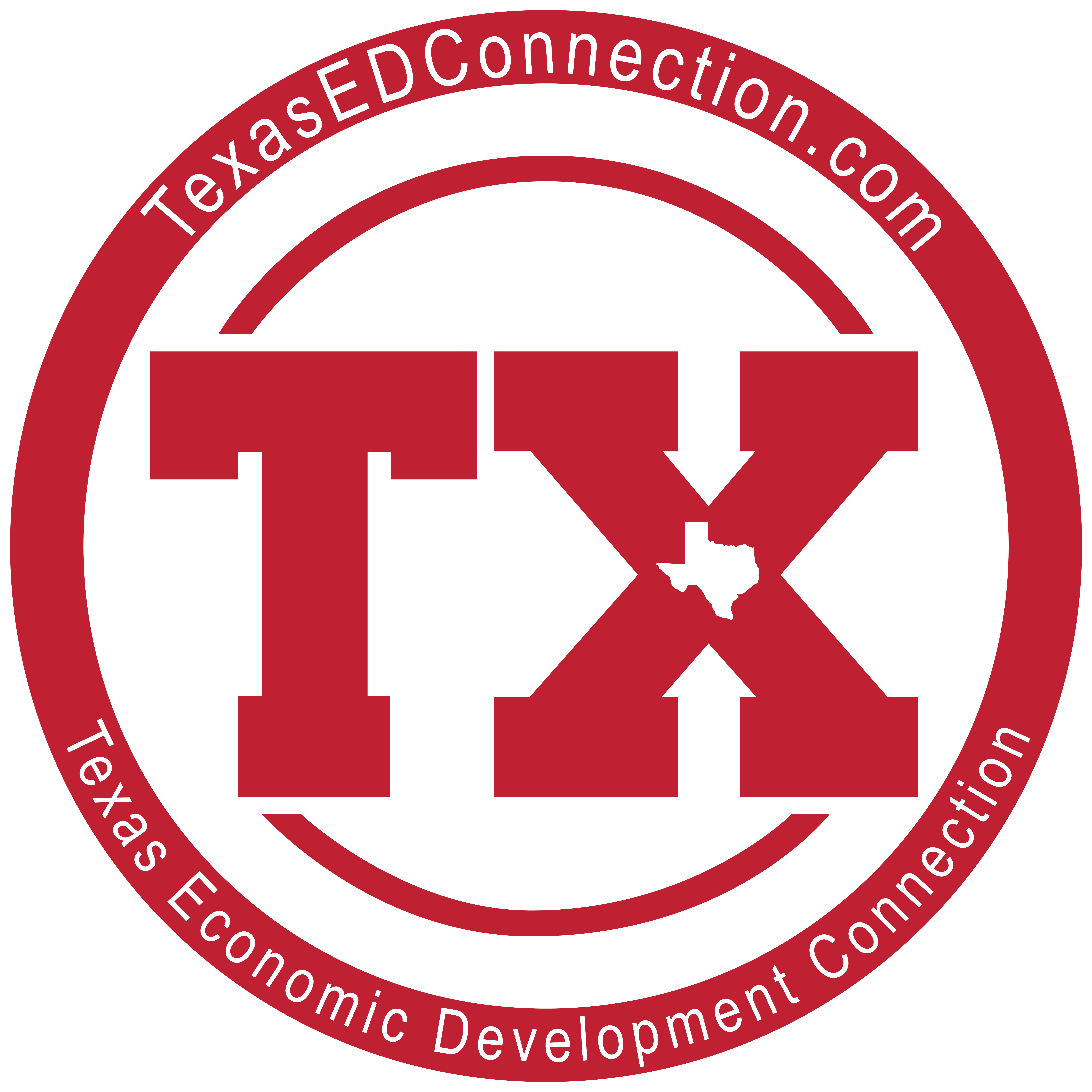When it comes to doing business, the state of Texas is many things: a manufacturing powerhouse, a master exporter, and an oil superpower to name a few. The great thing about the great state of Texas is that it has room for even more business growth and development. The fast-growing cities in Texas all rely on the success of the Texas economy to sustain them. It’s a good thing Texas is such a business-friendly environment with many enticing Texas business incentives. Read on to learn about 5 Texas business incentives that will help your company succeed.
- Skills Development Fund: Have you ever heard of the term “upskilling?” To upskill is to teach employees additional skills, expanding their capabilities. The Skills Development Fund focuses on upskilling, as it provides site-specific, tailored training opportunities for Texas businesses and their employees to sharpen skills and increase wages. For this fund, economic development partners and business partners collaborate in partnership with grant applicants such as public community or technical colleges, the Texas Engineering Extension Service (TEEX), nonprofit community-based organizations, or a local Workforce Development Board. Funding for this program is through the Texas Workforce Commission. This job-training program provides an opportunity for advanced skill sets and higher wages for workers, and it results in providing highly skilled employees for businesses and trade unions.
- Texas Small Business Credit Initiative: Back in 2010, the Small Business Jobs Act was passed to help small businesses with funding. The second installment of that 2010 program was enacted by Congress in March of 2021 as the American Rescue Plan Act. This act helps to fund the State Small Business Credit initiative, which supports state programs that provide resources to help small businesses grow and thrive. The program also helps small businesses that have been marginalized or negatively impacted by the recent pandemic. The Texas Small Business Credit Initiative expects an allocation of more than $450 million; in turn, Texas businesses should have increased access to funding. Because this incentive is run by the US Department of Treasury, more updated information about this fund can be found on their website.
- Texas Enterprise Fund: Look at this list of industries doing business in Texas: real estate, IT, food processing, banking, higher education, energy, manufacturing, aerospace, construction. Those are just a handful of the different kinds of businesses that have benefitted from the business incentives of the Texas Enterprise Fund (TEF), a fund that awards deal-closing grants to companies in Texas. Companies whose projects promise to contribute major capital investment and new job opportunities for the state’s economy can earn performance-based financial incentives through TEF. The projected new job creation must exceed 75 full-time positions in urban areas or 25 full time jobs in rural areas. In addition, the project must be supported by the local city, county, or school district, and average wages for new jobs must meet or exceed the average county wage.
- The Product Development and Small Business Incubator Fund (PDSBI): This fund’s focus is to help product development companies and small business incubators in Texas. The PDSBI provides long-term, asset-backed loans to businesses; ideally, these loans finance development and production of new or improved products or the stimulation of new or existing small business in Texas. PDSBI has two separate funds: Product Development and Small Business Incubator. All businesses applying for this fund must have three years of operating history. Businesses and non-profits in the industries of nanotechnology, biotech, biomedicine, renewable energy, agriculture, aerospace, and semiconductors are encouraged to apply for the PDSBI fund.
- Original Capital Access Program: This partnership between the state of Texas and certain non-profit lenders is meant to increase access to financing for small and medium-sized businesses and non-profits. Some of these businesses might face obstacles when it comes to accessing funding, or they may not be eligible for conventional lending. The original Capital Access Program (CAP) helps to facilitate loans via non-profit lenders. Loans may be used for working capital or the purchase, construction, or lease of capital assets, including buildings and equipment. This program has specific participating lenders, and the application process goes through the lenders—The People Fund or The Life Fund—directly.
Texas has so many benefits and incentives for businesses including no corporate income tax and no personal income tax. The state also boasts a talented workforce and strong infrastructure. Even with all of these benefits, moving a business to Texas can be a challenge. The Texas Economic Development Connection provides business owners with expert advice as they navigate the business landscape of Texas. Reach out to the TexasEDConnection to learn more.



